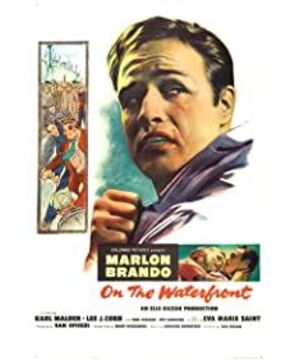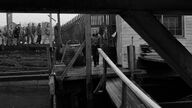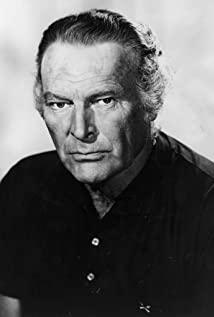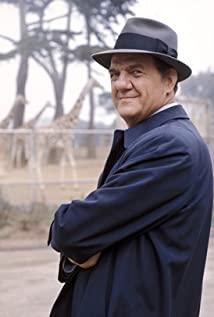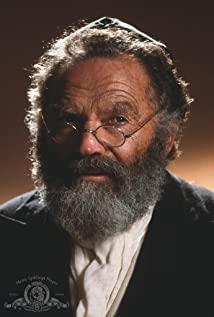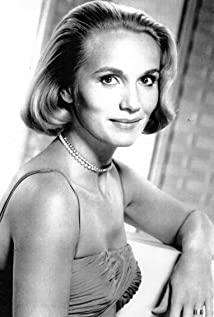The occurrence of love allowed Terry to find the motivation and determination to fight against the black forces at the dock, or to find the goodness and justice in his heart, from a former silent person to a whistleblower. Brando's Terry, a dock worker, is similar to Stanley, who he played in "A Streetcar Named Desire", in the same class and living environment, although not as violent and rude as Stanley, but as a former professional boxer In his gestures, he also shows a rather rough temperament and wildness. This film can be simply summed up as a story of betrayal, but also a story of personal heroism, the so-called story of single-handedly leading the oppressed and disadvantaged groups to change their dynasty. To exaggerate to say that this is a superhero movie without superpowers, it is also in line with Hollywood logic. The relationship between Terry and his brother is the most moving part in the film, especially when the two are in the car, the brother begging Terry to accept a new job and not to expose the dialogue of the gangster organization, and the picture of his brother pointing a gun at Terry when he was excited All are emotionally charged. Brando's anxious, tangled, and determined inner activities at this time are well expressed through his contorted facial expressions. Then the brother was killed and hung the body in the alley with a hanger. The death state is quite imaginative... This kind of death can also understand Terry's last runaway.... At the end of the film, Terry and the gang leader are at the dock. The heads-up did not take advantage of him, and he was even at a disadvantage, but his fighting spirit inspired the working class and made the former gangster lose power. This kind of spiritual victory can also be said to be a happy ending.
View more about On the Waterfront reviews


